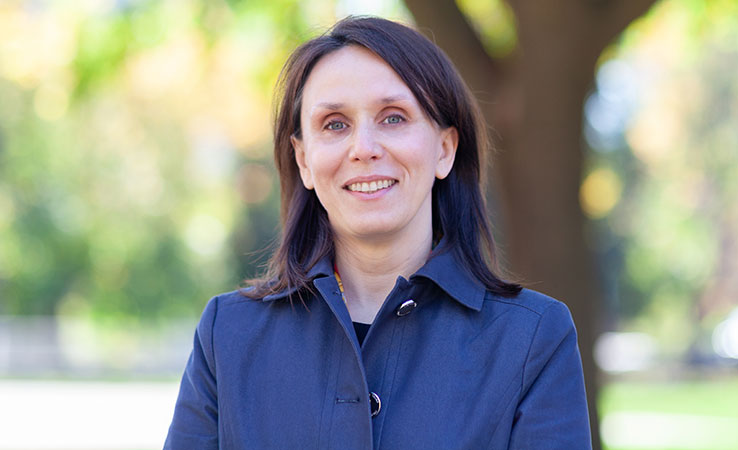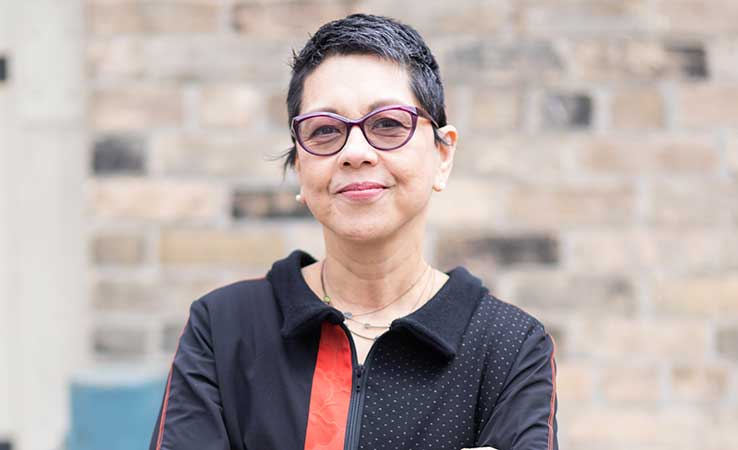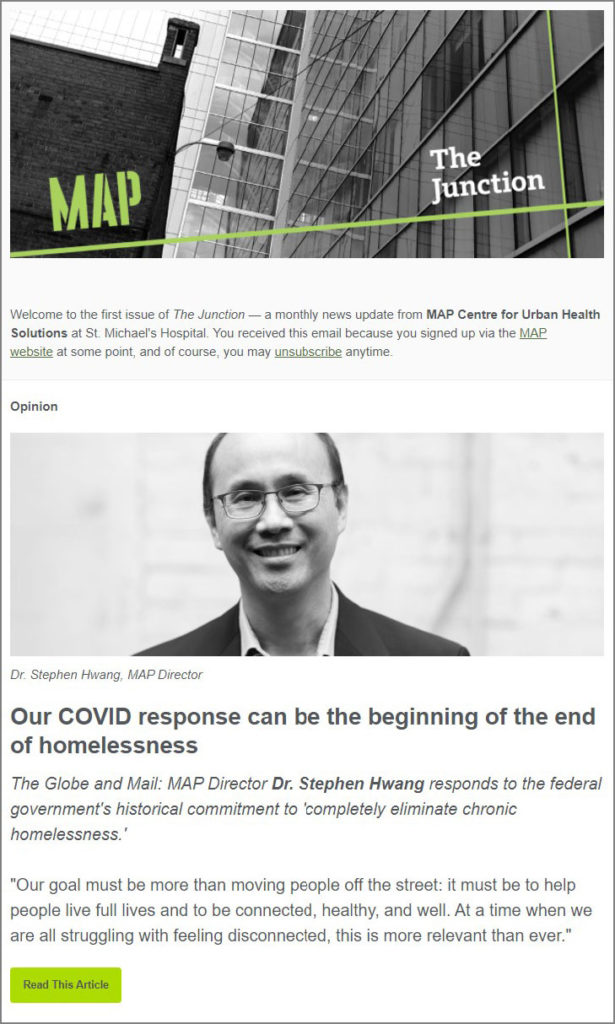Dr. Katerina Maximova has been named the inaugural Murphy Family Foundation Chair in Early Life Interventions at MAP Centre for Urban Health Solutions, St. Michael’s Hospital, and the University of Toronto.
Dr. Maximova’s research and policy work focuses on children and youth, including social dimensions of health, behaviours that increase future risk of chronic disease risk, misperception of risk, and the effectiveness of early life interventions.
At MAP, Dr. Maximova will focus on solutions-oriented research to improve the early life experiences, development, and well-being of children and youth experiencing poverty.
“I am so pleased to be joining MAP and St. Michael’s,” said Dr. Maximova, “I’m also very grateful to the Murphy Family Foundation for their commitment to addressing upstream determinants of health for children and youth.”
Dr. Maximova received her PhD in epidemiology and biostatistics from McGill University. She is currently an associate professor in the School of Public Health at the University of Alberta, where she is a member of the Population Health Intervention Research Unit. She has played a major role in evaluating the impact of the APPLE Schools (A Project Promoting healthy Living for Everyone in Schools) intervention program targeting physical activity, healthy eating, and mental health of children and youth experiencing marginalization. APPLE Schools reaches more than 21,000 students annually in 75 schools across northern Alberta, British Columbia, Northwest Territories, and Manitoba. Prior to academia, Dr. Maximova spent several years with the Government of Canada working on policy issues focused on poverty in early life, ‘working poor’ families, income support for low-income families, family-friendly policies, affordable housing and homelessness.
Dr. Maximova has received several awards including a Career Development Award in Prevention Research from the Canadian Cancer Society Research Institute. She recently received a CIHR COVID-19 Rapid Research Grant to study the impact of prolonged school closure and social isolation on the mental health and lifestyle behaviours of elementary school children experiencing disadvantage.
About MAP Centre for Urban Health Solutions
MAP is a world-leading research centre dedicated to creating a healthier future for all. Through big-picture research and street-level solutions, our scientists tackle complex urban health issues — many at the intersection of health and equity. Internationally recognized for groundbreaking science and innovation, MAP is changing the way the world understands the health consequences of social inequality in cities. Together with our community and policy partners, we are charting the way to the world’s healthiest cities: places where people, communities, and the political, economic, social, environmental, and health infrastructures come together so that everyone can thrive. MAP is part of the Li Ka Shing Knowledge Institute of St. Michael’s Hospital and is fully affiliated with the University of Toronto. St. Michael’s is a site of Unity Health Toronto, which also includes Providence Healthcare and St. Joseph’s Health Centre.





